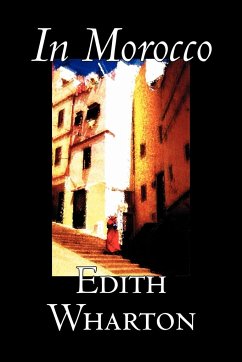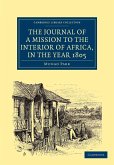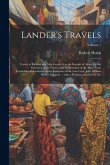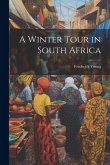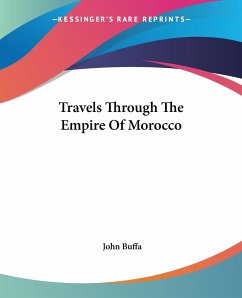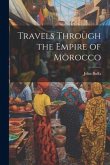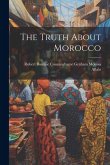A classic piece of travel writing, Edith Wharton's remarkable account of her journey to Morocco. "Within a few years far more will be known of the past of Morocco, but that past will be far less visible to the traveler than it is today," she wrote in her introduction. "Excavations will reveal fresh traces of Roman and Phoenician occupation; the remote affinities between Copts and Berbers, between Baghdad and Fez, between Byzantine art and the architecture of the Souss, will be explored and elucidated, but, while these successive discoveries are being made, the strange survival of mediaeval life, of a life contemporary with the crusaders, with Saladin, even with the great days of the Caliphate of Baghdad, which now greets the astonished traveler, will gradually disappear, till at last even the mysterious autocthones of the Atlas will have folded their tents and silently stolen away." Perhaps history has washed the past away from Morocco -- though the de-colonialization that came after World War II surely changed the modernization, the Europeanization, that Wharton foresaw.

